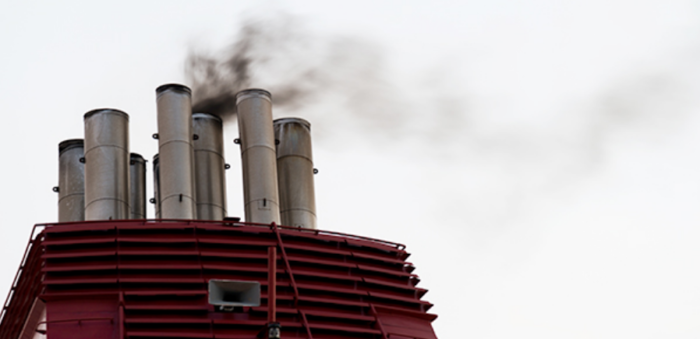Port of Fujairah in the United Arab Emirates is the last major port that bans open loop scrubbers, in order to be in line with IMO’s strict regulations concerning sulphur emissions, following the steps of Singapore and China, according to Reuters.
Mainly,under IMO’s sulphur restrictions all vessels are obliged to reduce their sulphur content in their fuel to less that 0.50%, in comparison to the 3.50% that exists now.
Master of port of Fujairah noted that the port
has decided to ban the use of open-loop scrubbers in its waters … ships will have to use compliant fuel once the IMO 2020 sulfur cap comes into force.
This comes along to Singapore’s and China’s similar announcements in the past. Additionally, Singapore, China and Fujairah marine sales volumes reflect a quarter of global ship bunkering.
As far as shippers are concerned, in order for them to get along with IMO’s rules they have the option to burn cleaner, yet more costly, oil. Another option is to invest into scrubbers that will enable seafarers either to use cheaper high-sulphur fuel, or use vessels ran by LNG.
[smlsubform prepend=”GET THE SAFETY4SEA IN YOUR INBOX!” showname=false emailtxt=”” emailholder=”Enter your email address” showsubmit=true submittxt=”Submit” jsthanks=false thankyou=”Thank you for subscribing to our mailing list”]
Scrubbers use water to clean up fuel emissions, preventing them from being released into the atmosphere.
Also, DNV GL has provided shippers with some recommendations on how to install scrubbers. Mainly, as open-loop scrubber seem to be an option, they have gained a negative critics as they wash heavy metals and sulphur in the sea, instead of discharging it at ports, contrary to close-loop scrubbers.
Concluding, although closed-loop scrubbers are still accepted in most ports, many are those that have banned scrubber discharges.

































































